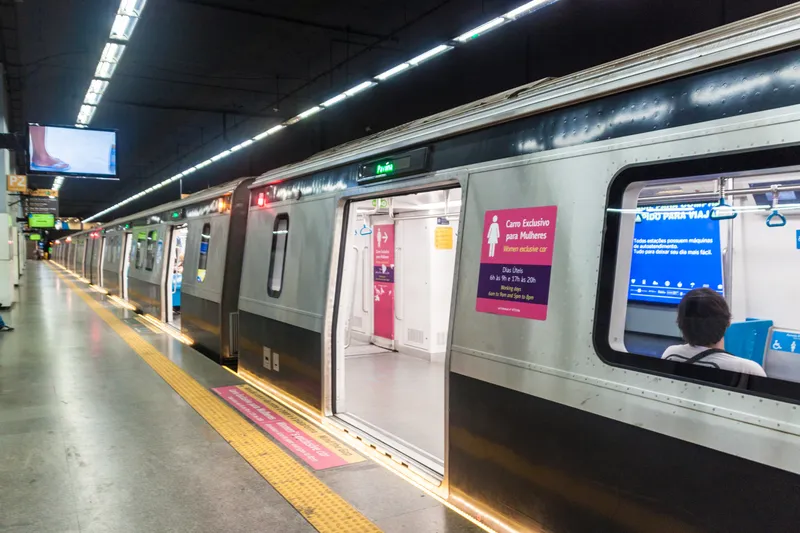
MaaS Global, provider of the Whim Mobility as a Service app, has acquired Brazil's MaaS specialist Quicko.
The deal gives the Finnish firm a foothold in South America, which is a potentially massive market for MaaS: Brazil alone has a population of 212 million people.
“We see a huge opportunity to make a big sustainability leap in Brazil," says Sampo Hietanen, CEO and founder of MaaS Global.
"Historically, the number of private cars has risen together with the standard of living. We believe Brazil can make a digital leap, hop over the car ownership stage, and take Brazilians straight to the MaaS services."
In a statement, MaaS Global says: "Quicko provides access to a large user base that can be faster monetised with Whim technology."
Quicko has more than 500,000 users in eight Brazilian metropolitan areas and in over 100 cities, offering trip planning which combines public and private transport modes, as well as integrated payment.
"There is a massive opportunity ahead of us for MaaS in areas across the country and the continent," says Pedro Somma, CEO of Quicko. "We are confident that together we will be able to seize it better, create more value for our customers and change travel behaviors faster."
Quicko has historically been backed by infrastructure firm CCR - the first subway firm to use driverless trains in Latin America - and J2L Partners, which will both become MaaS Global shareholders.
“Innovation is a key element in CCR’s strategy to lead the human mobility infrastructure where we operate," says Gustavo do Canto Lopes, CCR new business development officer.
"Investing in Quicko enabled us to enhance our customer’s experiences even more and be a part of the tech ecosystem in Brazil."
NOR Capital acted as financial advisor to MaaS Global.










